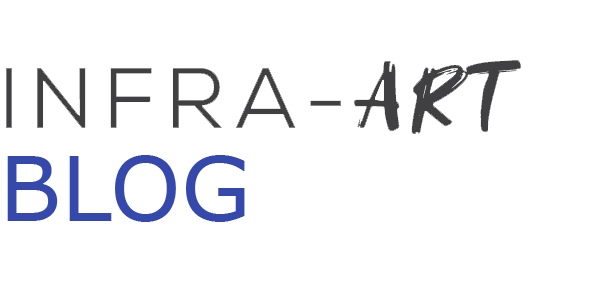About
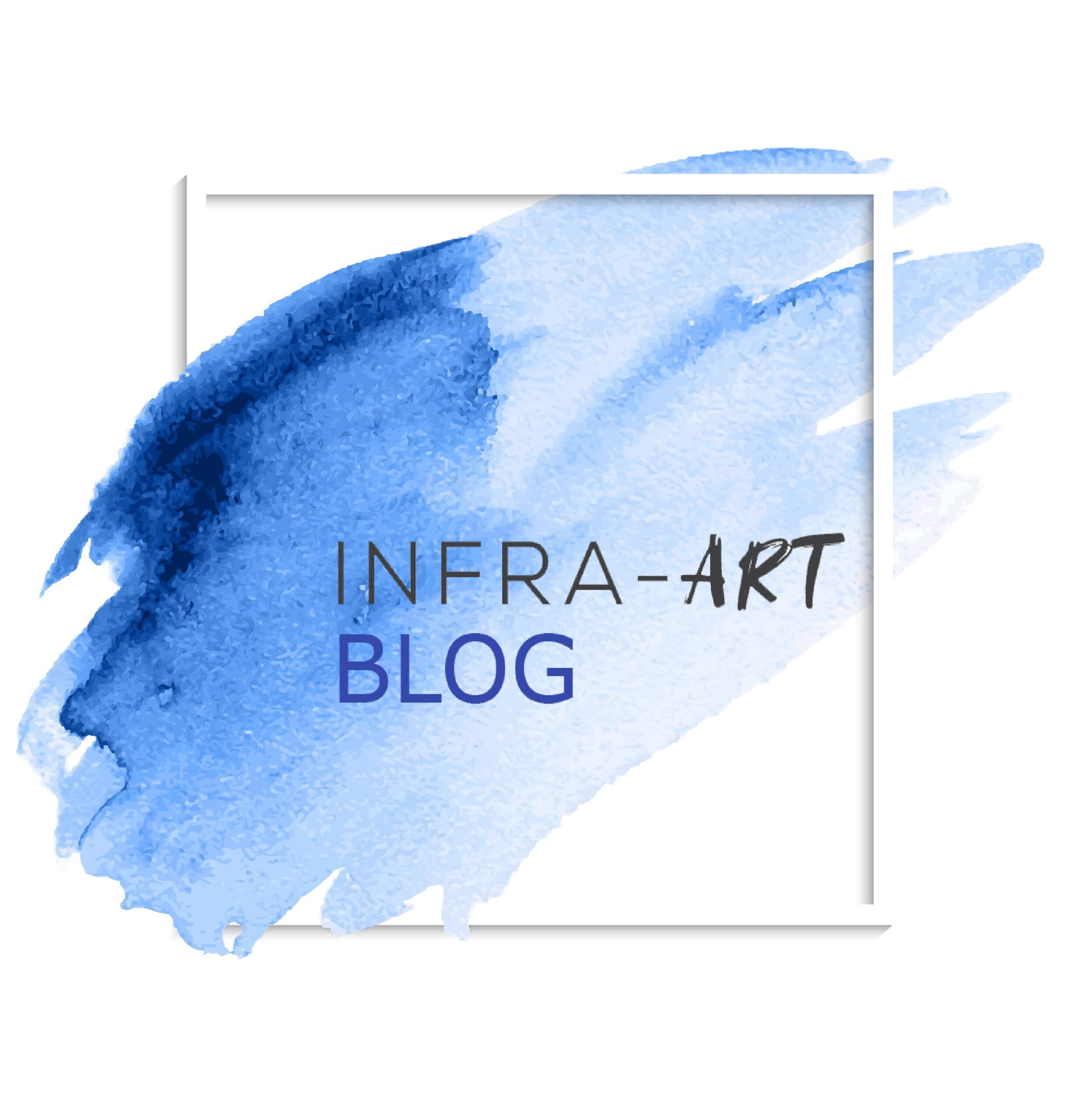

The INFRA-ART Blog serves as a go-to resource for heritage scientists, researchers, data curators, and other professionals working in cultural heritage science or related interdisciplinary fields. The platform aims to foster collaboration and transparency, and to drive the adoption of open science and FAIR principles across the heritage science community. Drawing on expertise in material science, applied spectroscopy, spectral data analysis, and data management, it delivers targeted knowledge, practical guidance, and illustrative case studies to support skill development in cross-disciplinary research. The blog’s content is structured around three main areas:
- Open Science & FAIR Data Management — explores the principles, governance frameworks, and hands-on approaches that make research data more FAIR (Findable, Accessible, Interoperable, Reusable) and openly accessible.
- INFRA-ART Spectral Data Collections & Materials Research — showcases key groups of art-related materials in the INFRA-ART Spectral Library, examining their composition, technical characteristics, and history of use.
- Spectroscopy 101 & Practical Guides for Heritage Science — offers applied spectroscopy tutorials, step-by-step guides, and case studies tailored to heritage science contexts. (section under development)
» Launched in June 2025, the blog is still evolving, new content and features being added regularly.
Latest articles

A brief history of watercolors. Part II: Materials and techniques
by Lucian Cristian Ratoiu — Reading time: 18 min
Posted October 9, 2025 in Art materials and technical art history

A brief history of watercolors. Part I: From technical experiment to fine art tradition
by Lucian Cristian Ratoiu — Reading time: 16 min
Posted September 24, 2025 in Art materials and technical art history

INFRA-ART spectral data collections: earth pigments
by Ioana Maria Cortea — Reading time: 20 min
Posted September 2, 2025 in INFRA-ART Spectral Data Collections
Highlights
» Earth pigments — from cave art to contemporary conservation — remain timeless, sustainable colors. Explore their history and characteristics, along with curated collections currently available in the INFRA-ART database.
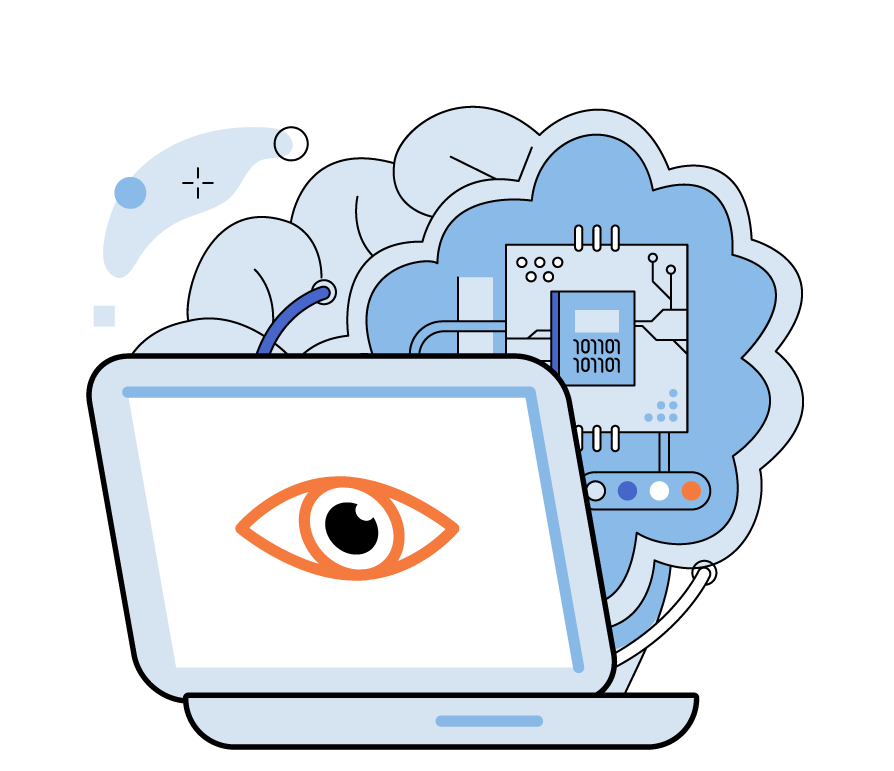
The growing trend of open research data policies: big data, big problems?
by Luminița Ghervase — Reading time: 11 min
Posted August 18, 2025 in FAIR data management & Data policies
Highlights
» Open research data promotes the free availability of scientific results, enabling anyone to access, use, and build upon them.
» The combination of big data and open access creates huge demands for storage, processing power, and consistent standards.
» Misuse or misinterpretation of datasets can damage public trust in science.
» Safeguarding integrity requires transparency, traceability, and technologies like blockchain and AI.
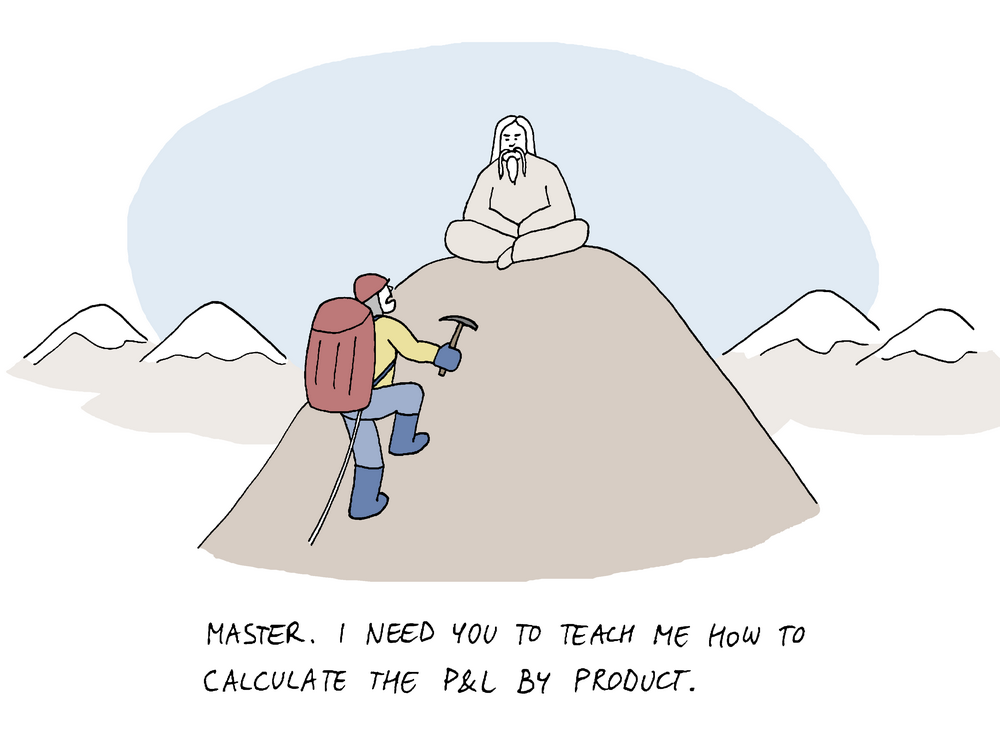
Is your data FAIR? Tools that help you find out
by Ioana Maria Cortea — Reading time: 12 min
Posted July 30, 2025 in FAIR data management
Highlights
» FAIR assessment tools help researchers translate best data practices into actionable steps.
» The FAIRsFAIR Data Object Assessment Metrics provide a tested, transparent framework for evaluating FAIRness.
» Choosing the right tool depends on what you’re assessing—whether it’s datasets, ontologies, or software.
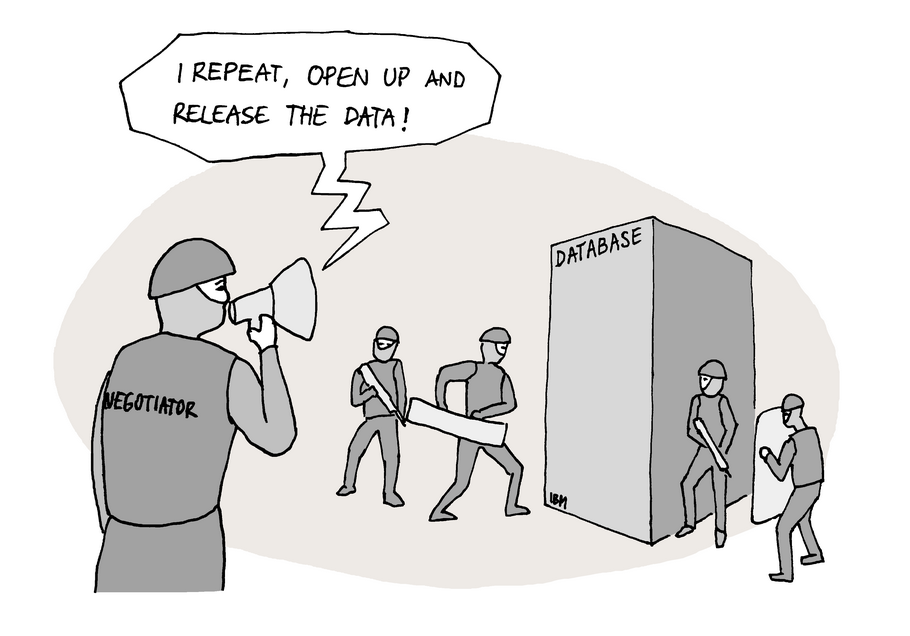
FAIR way forward: building an EOSC-aligned interoperability roadmap for the INFRA-ART Spectral Library
by Ioana Maria Cortea — Reading time: 14 min
Posted July 14, 2025 in FAIR data management & FAIR adoption stories
Highlights
» Interoperability is essential for making research data discoverable, reusable, and machine-actionable across domains.
» FAIR data needs interoperable systems—not just within disciplines, but across institutional and national boundaries.
» EU policies and EOSC frameworks are creating a common foundation for data exchange through clear standards and regulations.
» EOSC IF and CDIF offer structured guidance for aligning metadata, systems, and governance with FAIR and Open Science goals.
Featured articles
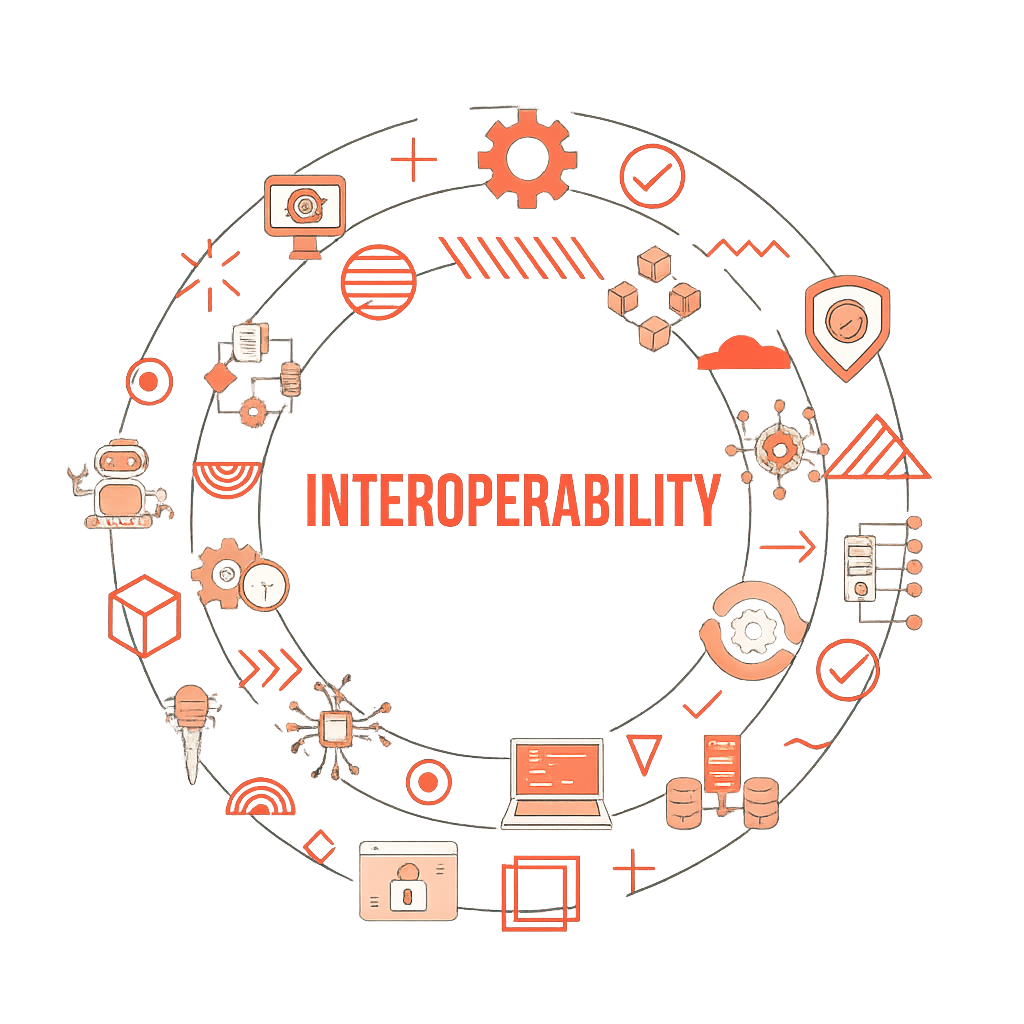
Strengthening FAIR data practices in heritage science: the FAIRMap4ART implementation story
by Ioana Maria Cortea — Reading time: 10 min
Posted October 30, 2025 in FAIR data management & FAIR adoption stories
Highlights
» Developed semantic artefacts using Schema.org/DCAT and domain ontologies to make INFRA-ART datasets richer, standardized, and fully machine-actionable
» Achieved a major FAIRness improvement — overall score increased from 46% to 92%
» Released all artefacts openly under CC0, with an open call for community feedback and reuse
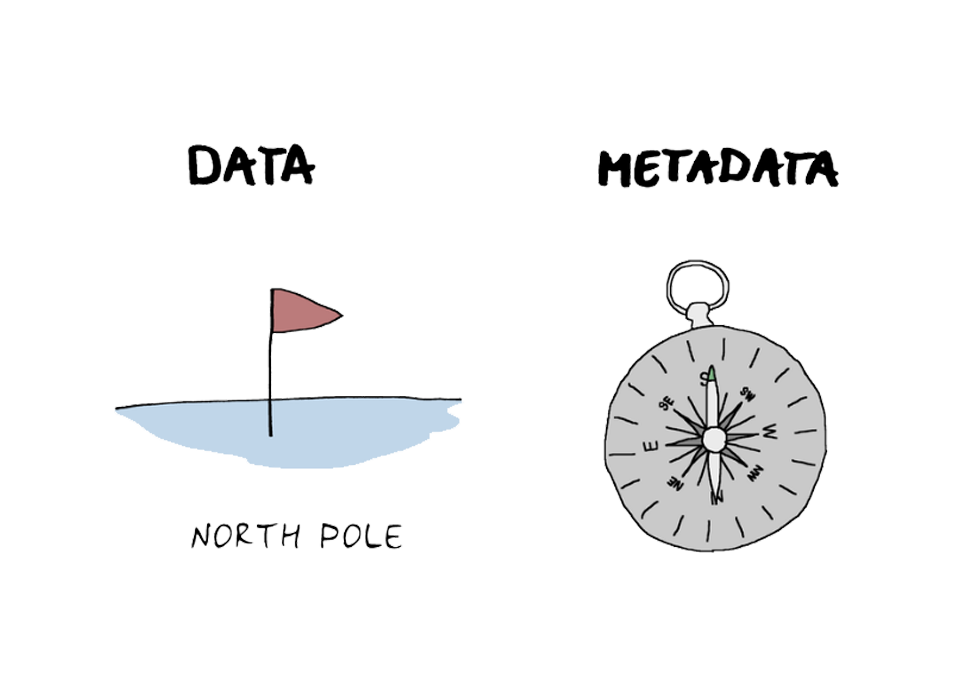
TRUST-inspiring and FAIR-enabling digital repositories: an implementation story
by Ioana Maria Cortea — Reading time: 11 min
Posted June 27, 2025 in FAIR data management & FAIR adoption stories
Highlights
» Repository-level metadata promotes transparency and strengthens trust.
» Using machine-readable metadata schemas makes repositories interoperable and integration-ready.
» Adopting community-accepted standards and vocabularies ensures seamless interoperability.
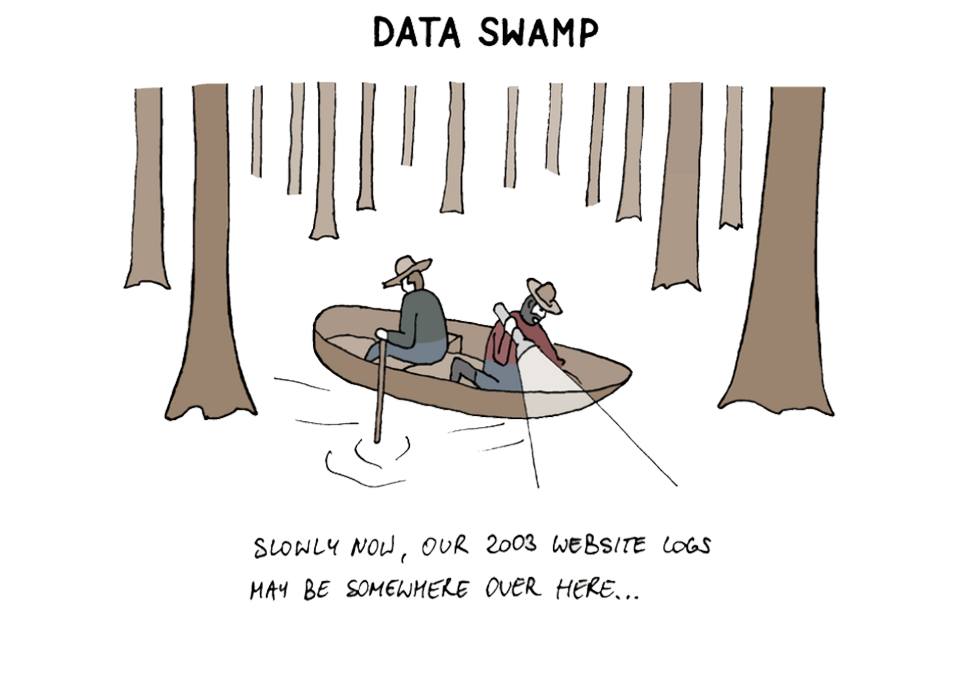
Turning FAIR principles into practice: a starting guide for researchers
by Ioana Maria Cortea — Reading time: 13 min
Posted June 20, 2025 in FAIR data management
Highlights
» FAIR is a flexible framework, not a rigid standard.
» Data FAIRification transforms unstructured data into reusable, interoperable research assets.
» Metadata, identifiers, and licensing are the foundation of reusable research data.
» FAIR ≠ Open: Accessibility can include restrictions—as long as they’re transparent.
» Trustworthy repositories and data stewardship are essential to making FAIR sustainable.
» A rich ecosystem of tools, standards, and resources are available to support every step of the FAIR data journey.
Keywords

AI anomaly detection aquarelle Artists' materials big data black earths blockchain verification brown ochres case study celadonite controlled vocabularies data accessibility data curation data ethics data FARification data governance data management plan data misuse data reproducibility datasets data standardization data storage challenges data traceability data transparency DCAT digital curation digital repository earth pigments EOSC EOSC guidelines EOSC IF EOSC Interoperability Framework F-UJI FAIR-Aware FAIR-IMPACT FAIR-IMPACT prototype FAIR assessment tools FAIR by design FAIRCORE4EOSC FAIR data FAIR data principles FAIR datasets FAIR implementation FAIRMap4ART FAIR mappings FAIR metrics FAIR principles FAIRsFAIR FTIR glauconite goethite green earths hematite heritage research infrastructures heritage science historical pigments humic earths implementation story INFRA-ART Spectral Library interoperability framework interoperability roadmap iron-oxides iron-rich pigments machine-actionable metadata machine-readable metadata manganese oxides metadata standards mineral pigments ochres ontology mapping open data open data policies open licenses open research data open science pigment composition pigment provenance Raman RDA recommendations red ochres repository trustworthiness research collaboration research data management research infrastructure scientific integrity scientific trust semantic interoperability siennas spectral collections spectral data spectral reference data starting guide SWIR technical interoperability TRUST principles umbers violet earths wads watercolor XRF yellow ochres
Sign up for our newsletter
Receive the latest news, and remain updated about the INFRA-ART Spectral Library project.
